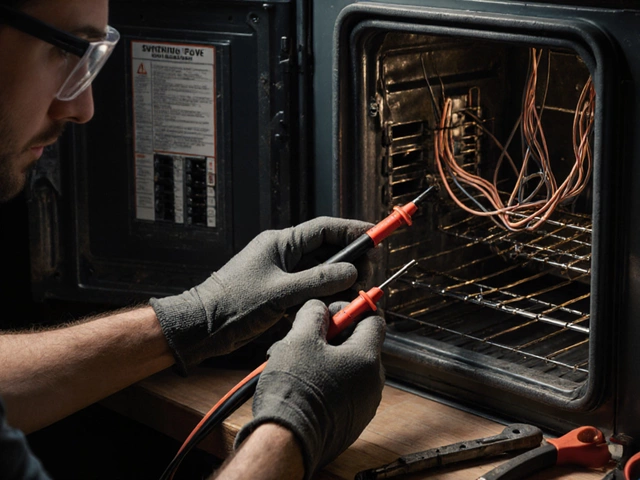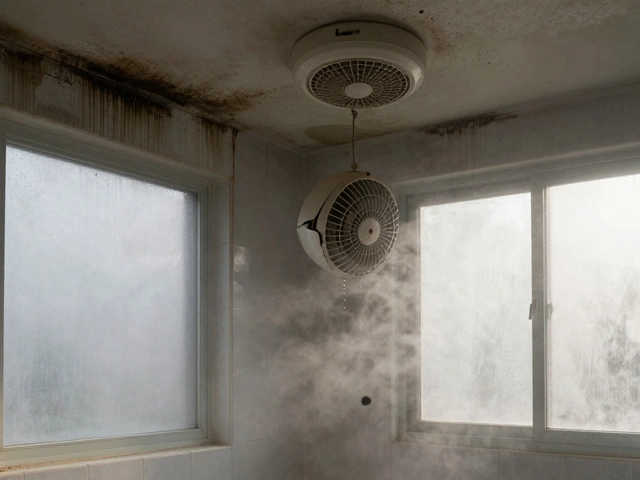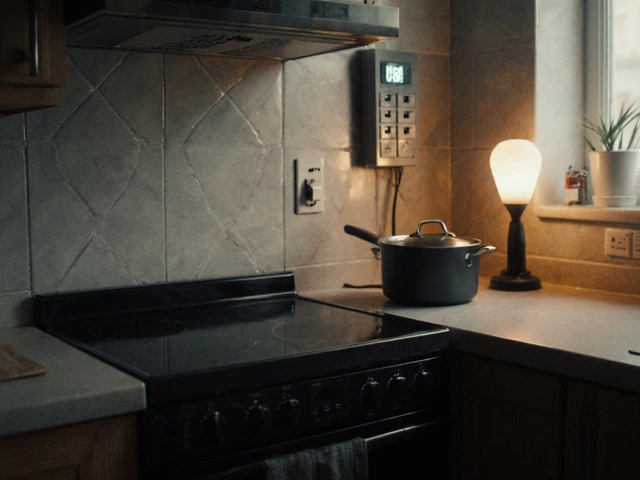Can You Replace an Electric Oven Yourself? Step-by-Step Safety Guide
November 8 2025Heat Pump Problems: What’s Going Wrong and How to Fix It
If your heat pump is acting up, you’re not alone. Many homeowners notice odd noises, weak heating, or higher bills before realizing something’s off. The good news? Most issues have clear signs and easy checks before you call an engineer.
Common Signs Your Heat Pump Needs Attention
First, listen for unusual sounds. A rattling or grinding noise usually means a fan or motor problem. Next, feel the airflow. If the air feels weak or uneven, the filter could be clogged or the coil dirty. A sudden spike in energy bills is another red flag – the unit might be working harder than it should.
Other warning signs include: the thermostat not responding, short cycling (turning on and off quickly), and frost building up on the outdoor coil. Frost isn’t normal unless it’s a cold snap; it often points to low refrigerant or a defrost timer issue.
DIY Checks Before Calling a Pro
Start with the simplest step: turn off the power, then open the filter compartment. A dirty filter looks gray and feels gritty. Clean it with a garden hose or replace it if it’s worn. This alone can restore airflow and improve efficiency.
Next, look at the outdoor unit. Remove any leaves or debris that might block the fan. Make sure the coil is free of dirt; a soft brush can clear surface grime. If you see ice, gently melt it with warm water – never use a hammer or sharp tool.
Check the thermostat settings. Sometimes the problem is as easy as the thermostat being set to “cool” when you need heat, or the schedule being off. Resetting the system can clear minor glitches.
If you have a rechargeable battery backup for the thermostat, replace it. A weak battery can cause communication errors between the thermostat and the heat pump.
After these steps, turn the power back on and run the system for a short while. If the problem persists – especially noises, frost, or high bills – it’s time to call a certified gas engineer. Heat pumps involve refrigerant and electrical components that need specialist tools.
When you contact an engineer, mention the exact symptoms you observed. This helps them bring the right parts and tools, saving you time and money. A professional will test refrigerant levels, inspect the motor, and check electrical connections for safety.
Regular maintenance keeps problems at bay. Schedule a yearly service with a qualified technician. They’ll clean the coils, check refrigerant pressure, and tighten any loose bolts. A well‑maintained heat pump can last 15‑20 years and run efficiently.
In the meantime, keep an eye on your energy bills and room temperatures. Small changes, like setting the thermostat a degree lower or using a programmable schedule, can reduce strain on the unit.
Remember, a heat pump isn’t magic – it needs clean air, proper refrigerant, and safe wiring to work. By doing quick DIY checks and staying on top of maintenance, you’ll catch most issues early and avoid costly repairs.
If you’re ever unsure, don’t gamble with electrical work or refrigerant. Call Bedford Gas Appliance Repair Services – we have certified engineers who know heat pumps inside and out. We’ll diagnose, fix, and get your home comfortable again, fast.
 29 May
29 May
Heat Pump Running But Not Cooling? Real Reasons and Fixes
Wondering why your heat pump keeps running but your home isn’t cooling down? This article digs into the most common reasons behind this issue, from simple fixes you can do yourself to bigger problems that might need a pro. Spot signs of trouble before they become expensive repairs. Check out helpful tips on maintenance and efficient operation. Stop sweating—get straightforward answers on what to check and what to do next.
Read More...



